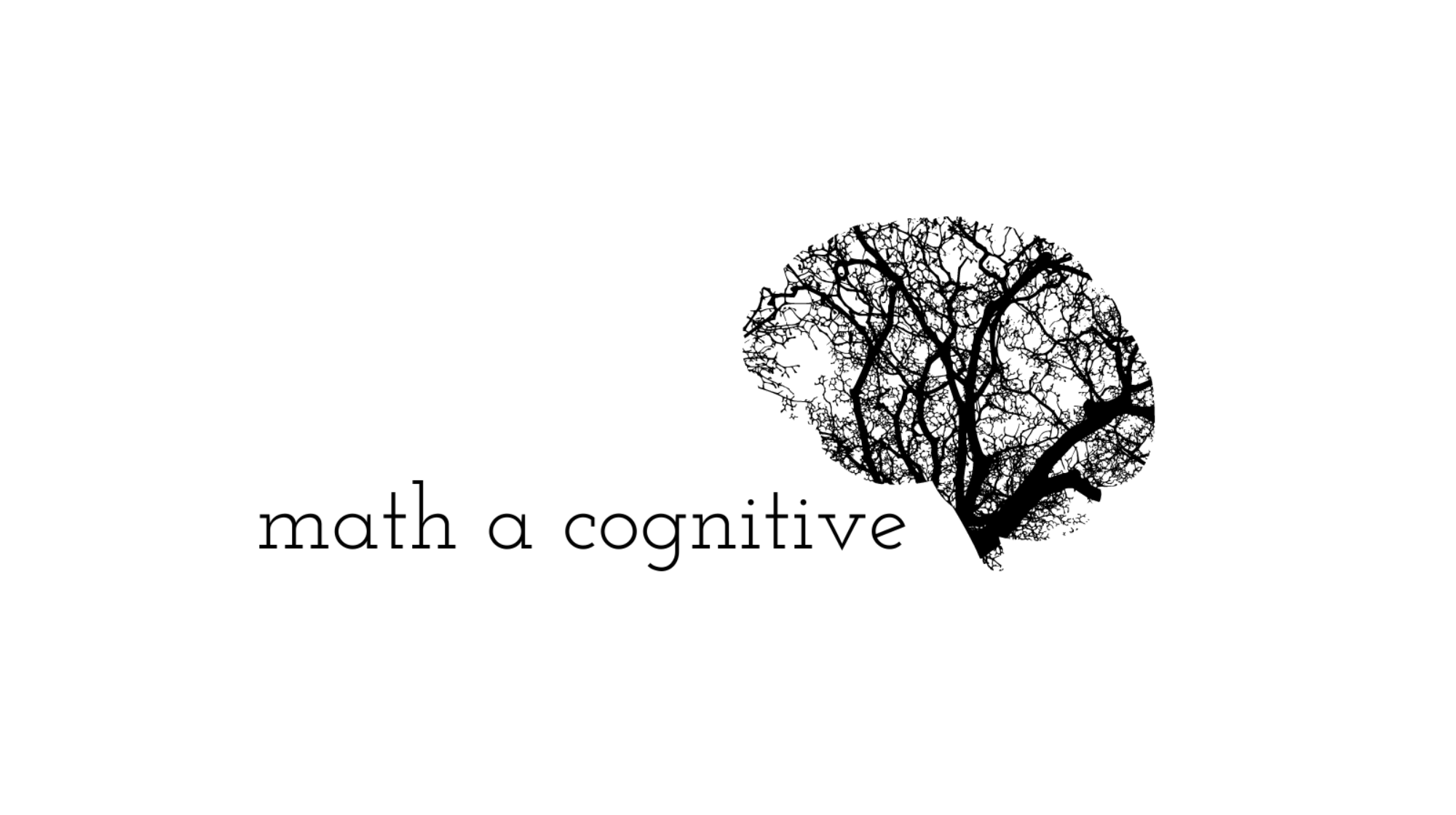We try to teach our students the benefits of mistakes.
And I like to talk about brains and neuroscience, so “someone did this study…” is a thing I say a lot in class. My favorite one: guessing wrong helps you learn things.
This is wonderfully useful to cite in class. It can encourage participation, free up guessing, or encourage resilience (“Got it wrong? No worries, now your brain is ready to remember it right” )
It’s a little less fun, but still useful to live in our own practice.
Last time I taught percents, I guessed wrong about some mental math.
Context: There are always multiple practice options in my class (a post for another time). When I guessed wrong, I included a new exercise among these options, thinking it would be an easy add and some welcome variety.
It was not.
It was confusing and most of my students gave up and used their calculators to practice the approach they already knew. Which is fine as far as it goes, practice is practice, but doesn’t help you calculate a tip in a restaurant without a phone app.
But, guessing wrong helps you (ermm, me) remember.
Without going back to my lesson plan, I don’t really remember what else we were doing that day, but I remember G., an older guy, with a settledness about him that I liked, looking at that paper like it was written in a foreign language.
Ouch.

It’s a good reminder, as we’re celebrating the value of mistakes, that they still sting. Even when we believe they’re beneficial, even when we are actually benefiting from them.
And it’s a good reminder, that ( maybe because) they sting, they help us learn, too.
So, months later, I sat down to plan a new percents unit, and, I remembered G., remembered the sting, and remembered my mistake.
But I also remembered I wanted to do better, remembered the changes I wanted to make (more intentional introduction, more time, more structure etc.) and designed a whole lesson about using mental math to find common percents using my mistakes as inspiration.
I probably made more mistakes when I first started teaching.
But I think I learn more from them now.
I suspect that’s true for many experienced teachers….?
I think, as veteran teachers, we can ….
… Recognize a mistake for a mistake. You have to know something about what your best teaching looks like to recognize when you fall short of it.
…. Feel the sting, but have the confidence in our abilities to respond productively (and not go into a shame spiral/avoidance)
…. Diagnose what actually happened (not just that something wasn’t good), and analyze why the mistake was a mistake.
… Have enough perspective to sort out the signal from the noise. What mistakes are important? What are about us? What are not actually ‘mistakes’ , but rather the randomness of the universe or factors beyond our control.
… Respond, because we are not constantly ping-ponging from one mistake/learning to the other, trying to grow in all the ways at once, so we have some time between mistakes to process them.
… Respond, because we have skills and mental resources to do better.
This fall, a lot of us, are feeling like beginners again, as we’re figuring out how to teach in new physically-distanced, virally-safe ways.
And, we’re going to make mistakes. I’m just hoping I can keep my head clear enough to learn from mine.

